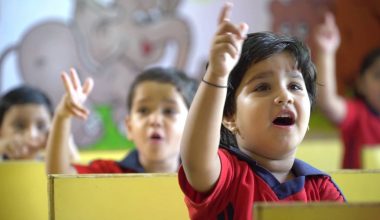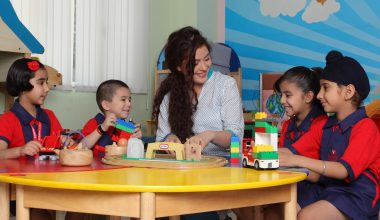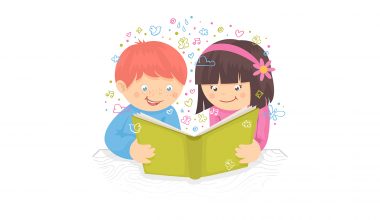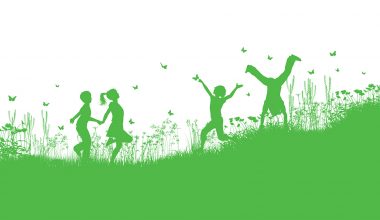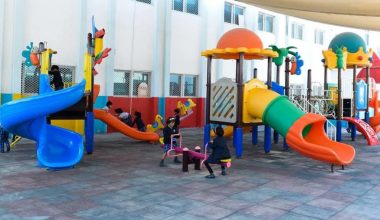For a while, exam scores have been the main indicator of a child’s skills and talent. Exams are inevitable but kids shouldn’t be evaluated only basis a single parameter. The unprincipled nature of our examination system celebrates the success of only a few and this creates an unhealthy competitive environment amongst children. This unnatural competitive mindset puts a great amount of stress on children.
For more effective and comprehensive learning, a holistic approach should be followed to simultaneously address the physical, emotional, relational, intellectual, as well as cognitive aspects of learning.
Holistic learning cultivates brighter and happier children
The primary motive of holistic learning is to impart knowledge, values, and skills in kids that will help develop necessary life skills to be successful. Holistic learning allows children to develop strong internal values and confidence. A holistic approach motivates children to learn not only about a subject but also instills curiosity and allows them to learn naturally and creatively. It is also attuned to each child’s individual persona and learning style, in contrast to the current rote learning system.

Holistic learning help kids
- To explore creativity
- To connect with and contribute to their world
- To have a strong sense of wellbeing
- To be confident and involved learners
- To be effective communicators
- To learn values, and add value to themselves
Five aspects of holistic child development
Holistic child development is simply nourishing better human qualities and adding value to one’s lives. Emphasis on holistic development during early childhood years include physical, social, emotional, cognitive, and moral development, etc., this paves for a successful adulthood too.
- Learning Motor skills
Making children work on their basic gross motor skills help them to gain natural strength and confidence in their bodies. Getting in some exercise and physical activity eventually paves way for a healthy lifestyle.
“The great aim of education is not knowledge but ACTION”
- Social skills
Building friendships nurtures children’s self-confidence and self-esteem, and also they can become emotionally resilient. Interacting with peers enables children to relax, have fun and also encourages the development of language and speech.
- Emotional Intelligence
Gaining emotional intelligence helps children to recognize their own feelings and the feelings of others. This understanding helps in controlling emotions and solving problems.
- Intellectual development
Intellectual development reveals how children organize their minds, ideas, and thoughts to make sense of the world. Honing these skills help children to reason and argue, uses words like why and because. These form a foundation for rational thinking and action.
- Environmental values
Teaching environmental values allows them to be grateful for nature’s bountiful resources. This way they are always encouraged to use, reuse, recycle and lead a conscious life.
In a nutshell, it’s time to encourage kids how to think critically and solve problems. Holistic learning is key to experiential, integrated, inquiry-driven, discovery-oriented, learner-centered, discussion-based, flexible, and of course, enjoyable childhood experiences.


